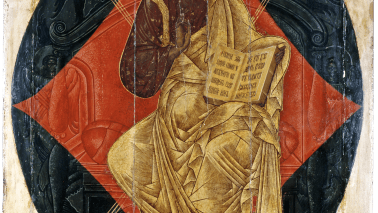Writers like me are used to long hours alone. I’ve never enjoyed that side of it. I don’t like the bleakness of silence. As I try to settle and gather thoughts on my bed, pillows piled up behind me — Robert Louis Stevenson did the same, and it worked for him — I must have birdsong, music, the murmur of voices, and I must be able to see the living world from my window. I need the reassurance that I am not alone. I get up from the breakfast table always reluctantly, knowing the hours of solitary work that lie ahead, often dreading to have to go to it. I make myself do it, because I do have a story in my head I want to tell, because I need to prove to myself every day that I can still do it, and because it’s how I earn my living. So, come this pandemic, I find I can cope well enough with our self-imposed isolation. I have to. We all have to. For me, I can easily imagine nothing has changed. I’m on my bed writing this, and I can hear my wife Clare humming downstairs, now talking on the phone. A little trotty wagtail is dipping and drinking from the gutter, and our resident cock pheasant struts and frets on the lawn, ruffling his feathers and declaring again to the world that he’s the alpha male in these parts. I tell myself: work, Michael, write, shake out your feathers, strut your stuff.
In peacetime (as was, bc, Before Corona), I often claimed I had a writing routine. You have to tell that sort of untruth at literary festivals. It’s expected. But my routine varied far too much for it to be called a routine.







Comments
Join the debate for just £1 a month
Be part of the conversation with other Spectator readers by getting your first three months for £3.
UNLOCK ACCESS Just £1 a monthAlready a subscriber? Log in